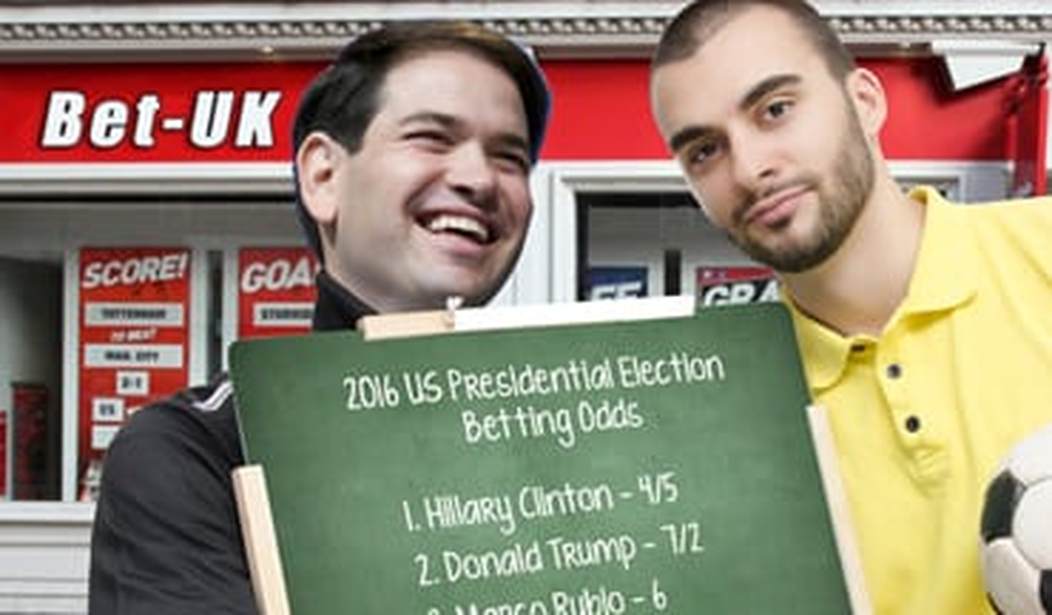On Friday, the U.S. Court of Appeals for the Seventh Circuit shot down a lawsuit that would have forced churches and religious leaders across the country to pay nearly $1 billion more per year in taxes. The atheist group Freedom From Religion Foundation (FFRF) sought to end a tax allowance that helps pastors and ministers live in the communities they serve.
“This ruling is a victory not just for my church but for the needy South Side Chicago community we serve – our youth, our single mothers, our homeless, our addicted, and our victims of gang violence,” Pastor Chris Butler of the Chicago Embassy Church, said in a statement on the ruling. “I am grateful that I can continue serving them and living side by side with them to make our neighborhood a safer, more peaceful place.”
Pastor Butler is the leader of a predominantly African-American congregation. He devotes his life to mentoring at-risk youth, decreasing local crime, and caring for the homeless in Chicago’s poorest neighborhoods.
The church can’t afford to pay him a full salary, but it offers a small housing allowance so Pastor Butler can afford to live near his church and the community.
In Gaylor v. Mnuchin, FFRF sued to end the parsonage allowance, a 60-year-old federal tax provision that allows churches, mosques, and synagogues to provide faith leaders a tax-free housing allowance so they can live in the communities they serve. Many of these churches are on the front lines of serving the poor and needy.
According to the Becket Fund for Religious Liberty, which represented Pastor Butler and others in the lawsuit, America’s religious communities fund over 1.5 million social programs with nearly 7.5 million volunteers.
The Chicago-based Seventh Circuit unanimously rejected the atheist challenge, ruling that the tax exemption is constitutional.
The lawsuit traces back to 2016, when FFRF sued the IRS demanding an end to the parsonage allowance. In 2017, the district court sided with them, ruling the allowance unconstitutional.
Yet on Friday, the Seventh Circuit ruled that the parsonage allowance “is simply one of many per se rules” that “allow hundreds of thousands of employees (including ministers) to receive tax-exempt housing every year,” and that it is consistent with the nation’s “lengthy tradition of tax exemptions for religion, particularly for church-owned properties.”
“The tax code treats ministers the same as hundreds of thousands of nonreligious workers who receive tax-exempt housing for their jobs—that’s not special treatment, it’s equal treatment,” Luke Goodrich, vice president and senior counsel at Becket, said in a statement. “The court rightly recognized that striking down the parsonage allowance would devastate small, low-income houses of worship in our neediest neighborhoods and would cause needless conflict between church and state.”
“As the 7th Circuit correctly found, declining to tax the housing support money that congregations provide to their ministers is not in any way a government establishment of a particular religion or any religion,” Erik Stanley, senior counsel at the Christian law firm Alliance Defending Freedom (ADF) and director of the ADF Center for Christian Ministries, said in a statement.
“The power to tax is the power to destroy, and so refusing to tax a minister’s housing expenses is simply the best way to ensure the free exercise of religion and prevent the excessive entanglement of government with religion,” Stanley added.
Follow Tyler O’Neil, the author of this article, on Twitter at @Tyler2ONeil.









Join the conversation as a VIP Member